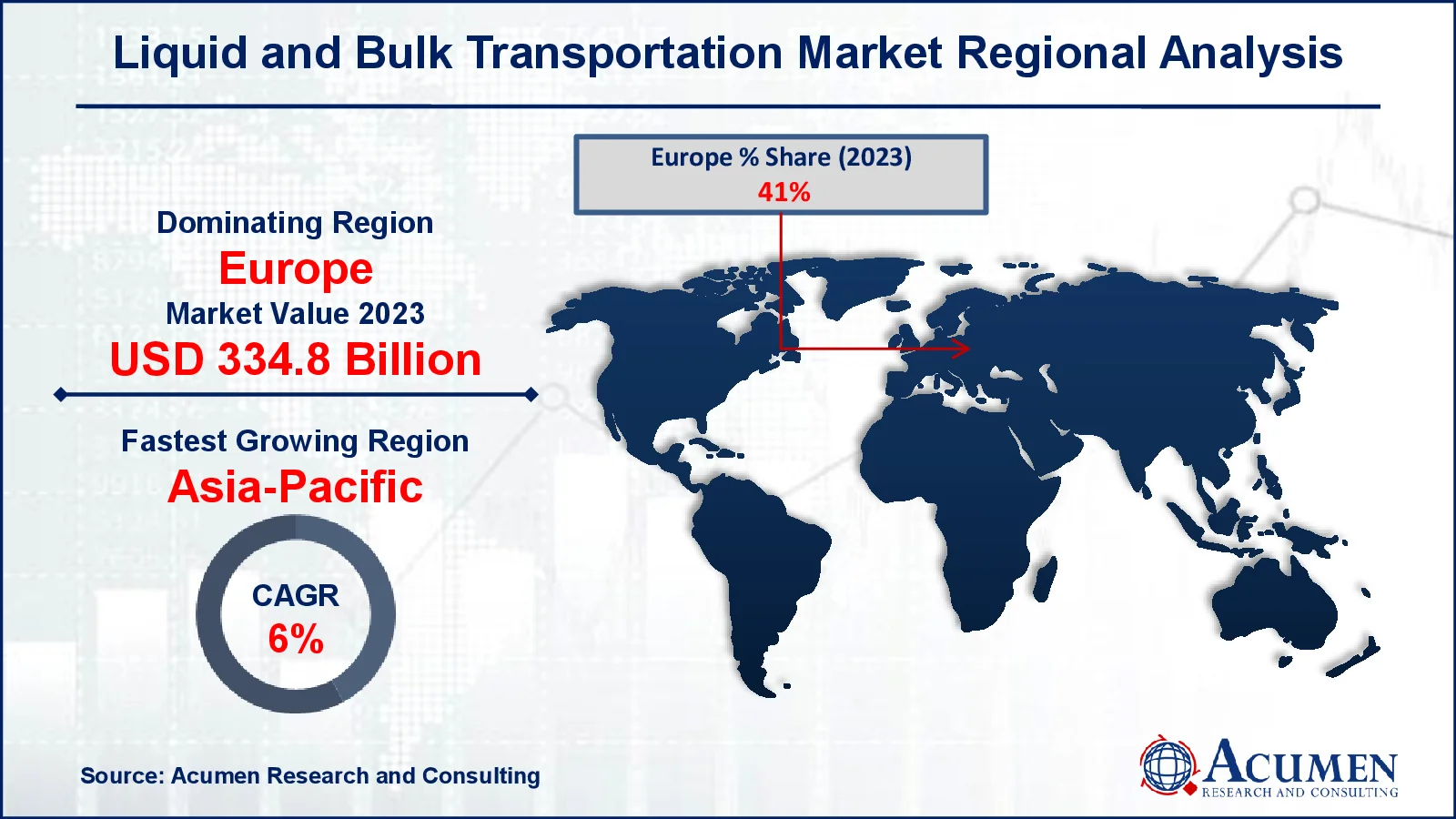November 2024
The Global Industrial Wax Market Size accounted for USD 10.2 Billion in 2023 and is estimated to achieve a market size of USD 16.1 Billion by 2032 growing at a CAGR of 5.3% from 2024 to 2032.
The Global Industrial Wax Market Size accounted for USD 10.2 Billion in 2023 and is estimated to achieve a market size of USD 16.1 Billion by 2032 growing at a CAGR of 5.3% from 2024 to 2032.

Wax refers to a solid material which melts and gets converted into liquid state when exposed to a slightly higher temperature. Wax can be sourced from three major segments namely minerals, oils, and plants & animals. While crude oil is considered to be the most dominant source of wax, various players are focusing on extracting natural wax from plants and animals. In addition, owing to the increasing demand for crude oil in various applications, mineral based waxes are gaining significant acceptance over past few years and demand for mineral wax is anticipated to surge across the globe.
Further, lignite is the most commonly used mineral employed for production of mineral waxes and this trend is anticipated to continue for a significant period. Peat, ceresin and ozocerite waxes come under the major sources of mineral waxes. Some of the major applications of industrial waxes include electrical insulation, lubrication and manufacture of candles. Moreover, dyed wax is also used in the manufacture of crayons. Industrial wax is distinct from kerosene and is also known as paraffin in the common language.
|
Market |
Industrial Wax Market |
|
Industrial Wax Market Size 2023 |
USD 10.2 Billion |
|
Industrial Wax Market Forecast 2032 |
USD 16.1 Billion |
|
Industrial Wax Market CAGR During 2024 - 2032 |
5.3% |
|
Industrial Wax Market Analysis Period |
2020 - 2032 |
|
Industrial Wax Market Base Year |
2023 |
|
Industrial Wax Market Forecast Data |
2024 - 2032 |
|
Segments Covered |
By Type, By Application, By End User, and By Geography |
|
Regional Scope |
North America, Europe, Asia Pacific, Latin America, and Middle East & Africa |
|
Key Companies Profiled |
Sinopec, Calumet Specialty Products Partners, ExxonMobil, Gandhar Oil Refinery, CEPSA, Numaligarh Refinery Limited, Royal Dutch Shell PLC, Sasol Ltd, Hollyfrontier Corporation, THE PJSC Lukoil Oil Company, Petróleo Brasileiro, and BASF SE. |
|
Report Coverage |
Market Trends, Drivers, Restraints, Competitive Analysis, Player Profiling, Covid-19 Analysis, Regulation Analysis |
Some important causes contributing to the fall in demand for crude oil-based waxes include the prevalence of environmental concerns associated with crude oil refining and processing, as well as the volatility of crude oil prices. Furthermore, the high need for crude oil for various and substantially more lucrative applications is thought to be one of the primary drivers driving demand for industrial wax. Furthermore, rising need for industrial waxes, particularly in the manufacture of latex and rubber, is expected to fuel demand for mineral waxes throughout the industrial wax market forecast period. Rapid growth in the global cosmetics sector, as well as supply constraints connected to important mineral sources such as lignite, are expected to limit the growth of the industrial wax market.
Furthermore, the richness and availability of various forms of wax sources, such as animals, plants, and insects, are expected to limit the expansion of the worldwide industrial wax market. The rising consumption of paraffin wax, particularly for paper coating and cardboard in the food packaging industry, is expected to boost demand for industrial waxes over the forecast period due to its outstanding water barrier and protection capabilities. Other key factors driving demand for industrial waxes include increased use in the manufacture of industrial and surface protection coatings, hot melt adhesives, pharmaceuticals, rubber and plastic processing aids, metal castings, electrical insulation, and fabric impregnation and proofing.
 Industrial Wax Market Segmentation
Industrial Wax Market SegmentationThe worldwide market for industrial wax is split based on type, application, end user, and geography.
According to industrial wax industry analysis, the fossil based wax type hold the maximum share in the market. Increasing demand for candles in consumer good application is the driving factor in this segment. There are various application for the fossile based wax include cosmetics product, candle creation, and skincare product also. On other hand paraffin wax subsegment within fossil wax is expected to create major revenue in the industrial wax type segment this will be the boost the market over the foreacast period i.e 2024 to 2032.
The candle segment dominates the industrial wax market, accounting for nearly USD 4.1 billion in revenue. This is fueled by rising demand for decorative, fragrant, and religious candles, notably in North America and Europe. The growing customer desire for aesthetic and aromatherapy items has accelerated market growth. Furthermore, the rise of holiday celebrations, religious activities, and wellness trends has increased sales. Paraffin wax is still the most commonly used material due to its low cost and availability, but beeswax and soy wax are gaining popularity as environmentally friendly alternatives. The e-commerce sector has also played an important part in increasing candle sales by providing a diverse range of products and customisation choices, hence driving demand for industrial wax in this category.
The cosmetics and personal care segment is expected to have considerable growth in the industrial wax market. The growing global demand for beauty and personal care goods is driving this trend. Waxes are essential constituents in many cosmetic formulas, including lipsticks, creams, and lotions, as they provide texture, stability, and emollience. Furthermore, the cosmetics industry's demand for natural waxes such as beeswax and candelilla wax is increasing as people become more aware of natural and organic products.
North America
Europe
Asia-Pacific
Latin America
The Middle East & Africa
 Industrial Wax Market Regional Analysis
Industrial Wax Market Regional AnalysisAsia-Pacific is the world's largest industrial wax market, accounting for more than 35% of the total due to significant demand in packaging, cosmetics, and candle manufacture. China, India, and Japan are the top buyers, with China dominating wax production because of its massive petroleum refining industry. The region benefits from rapid industrialization, a growing middle class, and rising disposable incomes, which boost demand for luxury candles, personal care products, and packaging. Furthermore, rising vehicle and tire manufacture in this region increases wax use, particularly in rubber processing. Government measures that promote bio-based and sustainable wax manufacture help to drive regional growth.
North America is seeing significant expansion during the industrial wax market forecast period, because to increased demand for premium candles, bio-based waxes, and innovative industrial uses. The region's strong e-commerce sector, developing cosmetics industry, and increased usage of wax in pharmaceuticals all help to drive market growth. Furthermore, the shift to environmentally friendly wax alternatives promotes innovation and investment.
Europe makes up over 25% of the market, with Germany, France, and the United Kingdom leading the way. Fuel demand in the region is driven by sustainability initiatives, high-end candle production, and growing coatings and adhesive applications. Strict environmental regulations are driving a shift to natural and bio-based wax solutions in a range of industries.
Some of the top industrial wax companies offered in our report includes Sinopec, Calumet Specialty Products Partners, ExxonMobil, Gandhar Oil Refinery, CEPSA, Numaligarh Refinery Limited, Royal Dutch Shell PLC, Sasol Ltd, Hollyfrontier Corporation, THE PJSC Lukoil Oil Company, Petróleo Brasileiro, and BASF SE.
Looking for discounts, bulk pricing, or custom solutions? Contact us today at sales@acumenresearchandconsulting.com
November 2024
December 2023
April 2025
October 2023